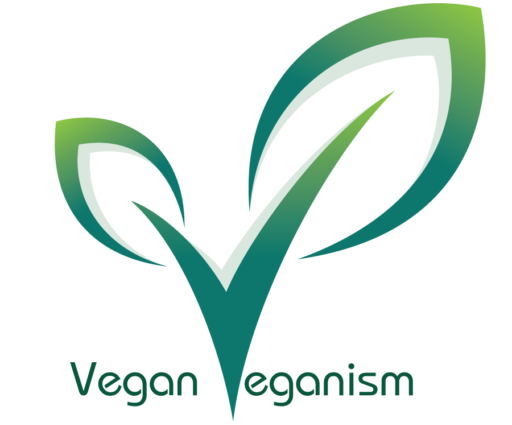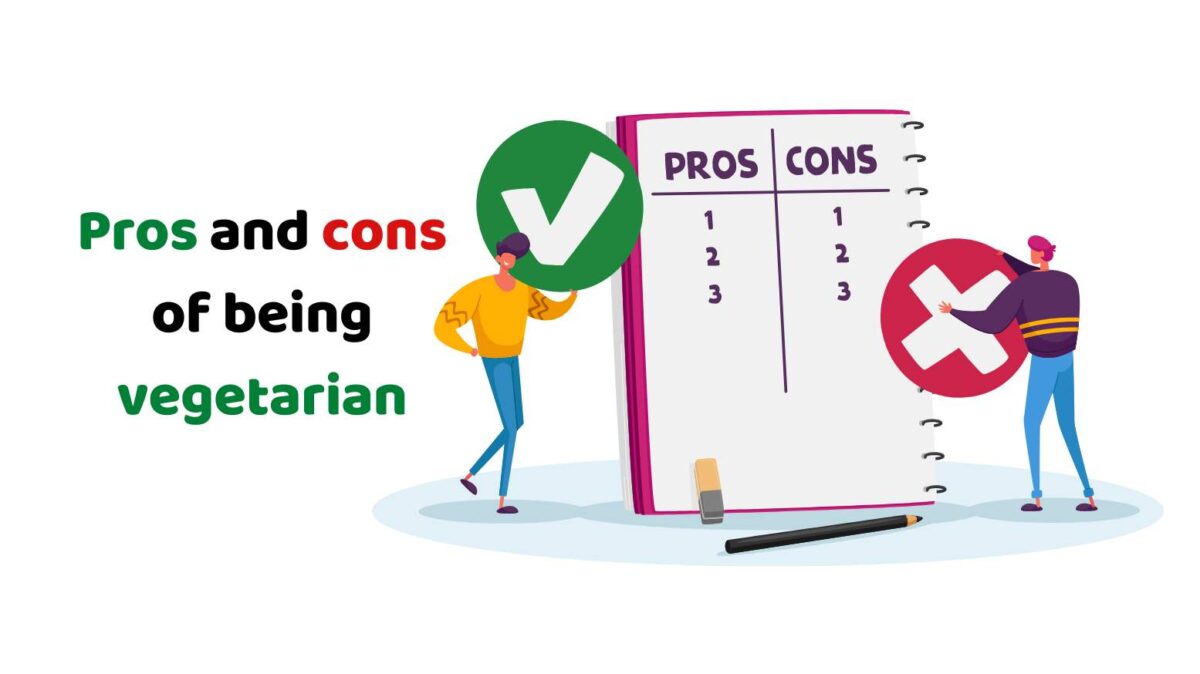Vegetarians do not consume animal protein or eggs. They however do consume dairy products like ghee and milk. This is a good source of protein and energy for people who do not consume animal protein. There are many pros and cons of being vegetarian, however people become vegetarian for many reasons, it is either because of their upbringing and religious reasons, health benefits, or simply because they like the light diet.
What are the pros of being a vegetarian?
Helps counter obesity
Vegetarian diets are very light and nutritious. It is very fibrous and is not high in calories like meat. So, it is very helpful for people who are trying to lose weight especially people who are chronically obese people.
Good for your gut health

A vegetarian diet consists of plants and grains, meaning it is very fibrous. The fiber in a vegetarian diet helps keep your digestive tract clean and helps in digestion.
This avoids many ailments like difficulty in eating, stomachache, etc. And a clear gut keeps your skin clear too. So, overall it has a very positive effect on your health.
Keeps you alert
Plant-based diets are very light compared to meat-inclusive diets.
This makes your body feel light and more alert. You can move your body with ease and be more productive. So, this means that your diet also affects how you execute your day.
Lowers cholesterol level
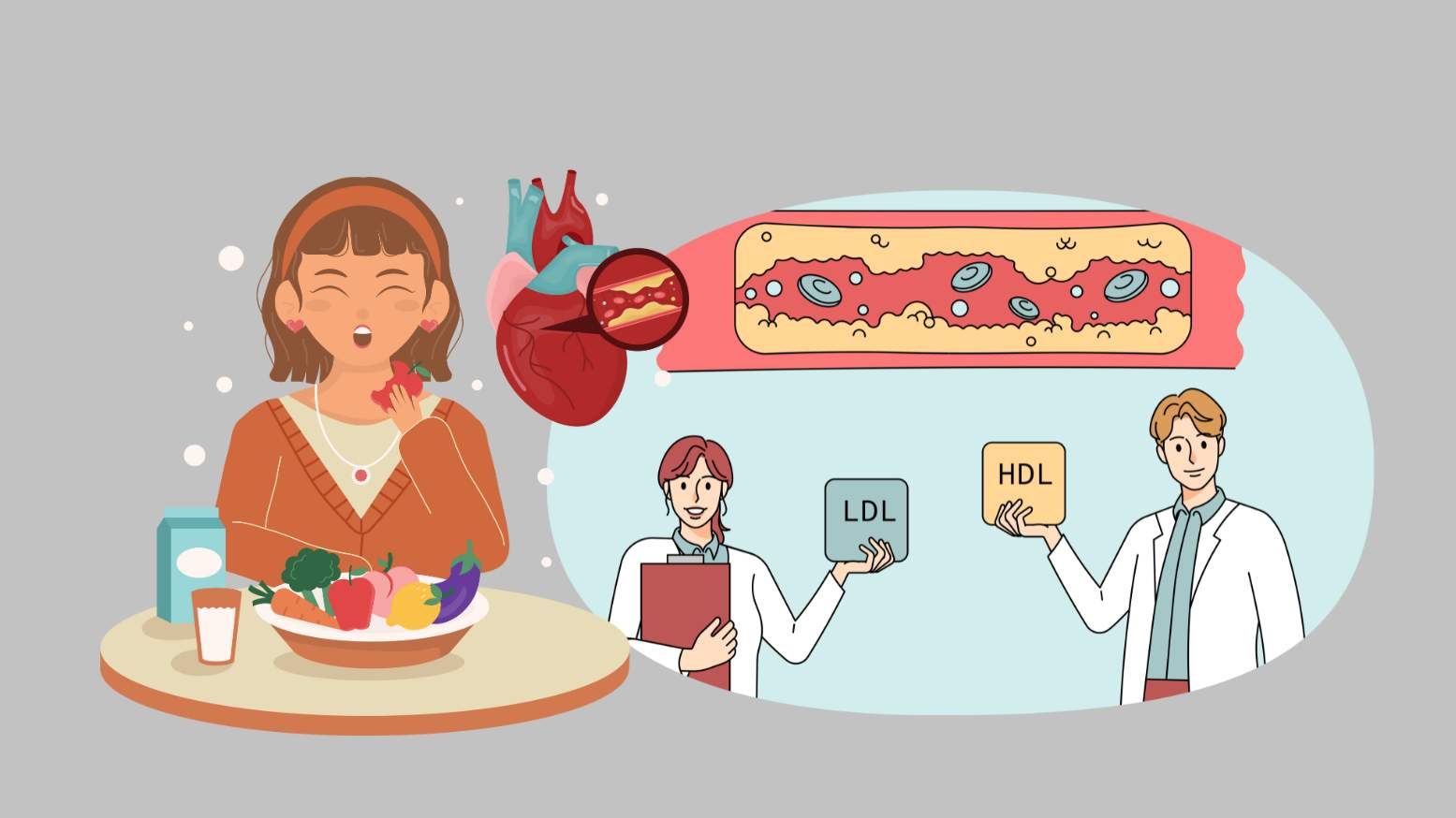
Plant and grain-based foods are low in saturated fat and do not contain cholesterol. Plants contain a certain soluble fiber that helps lower cholesterol. So, vegetarian diets help you lower your cholesterol level and lower your risk of contracting chronic heart disease.
Lowers blood pressure
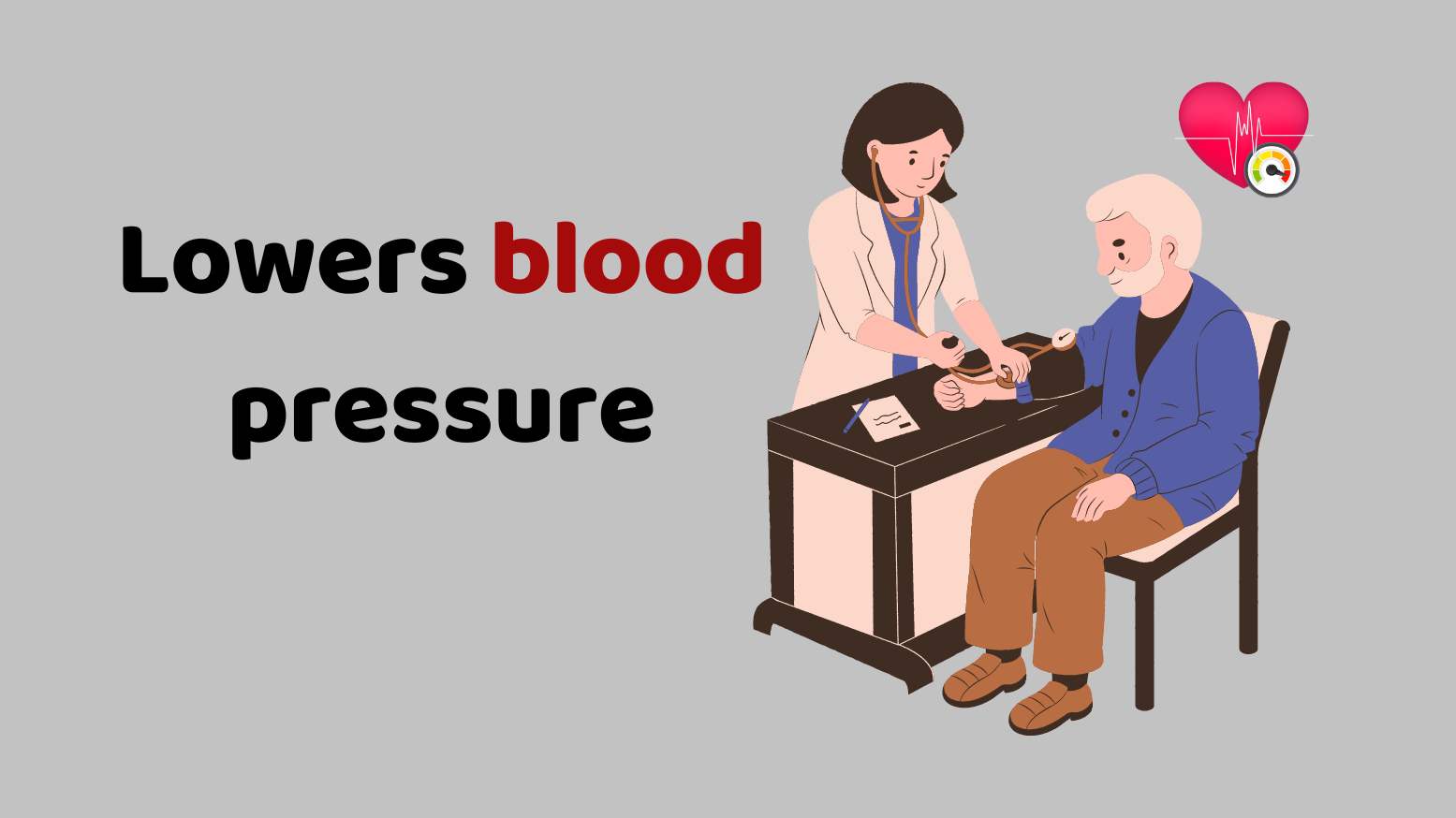
Vegetarian diet is very rich in antioxidants and fiber. It is the low saturated fat and potassium that helps you regulate your blood pressure. If you have high blood pressure, becoming a vegetarian will actually help you regulate your blood pressure. All in all, it is a healthy way of living.
Affordability
Meat is relatively more expensive than plants. This is reflected in the cost of meals in the restaurant. Typically vegetarian meals are less expensive than, dishes with meat in them. This is not to say, that vegetarians follow their lifestyle just because it is cheap.
What are the cons of being a vegetarian?
Potential nutrient deficiencies
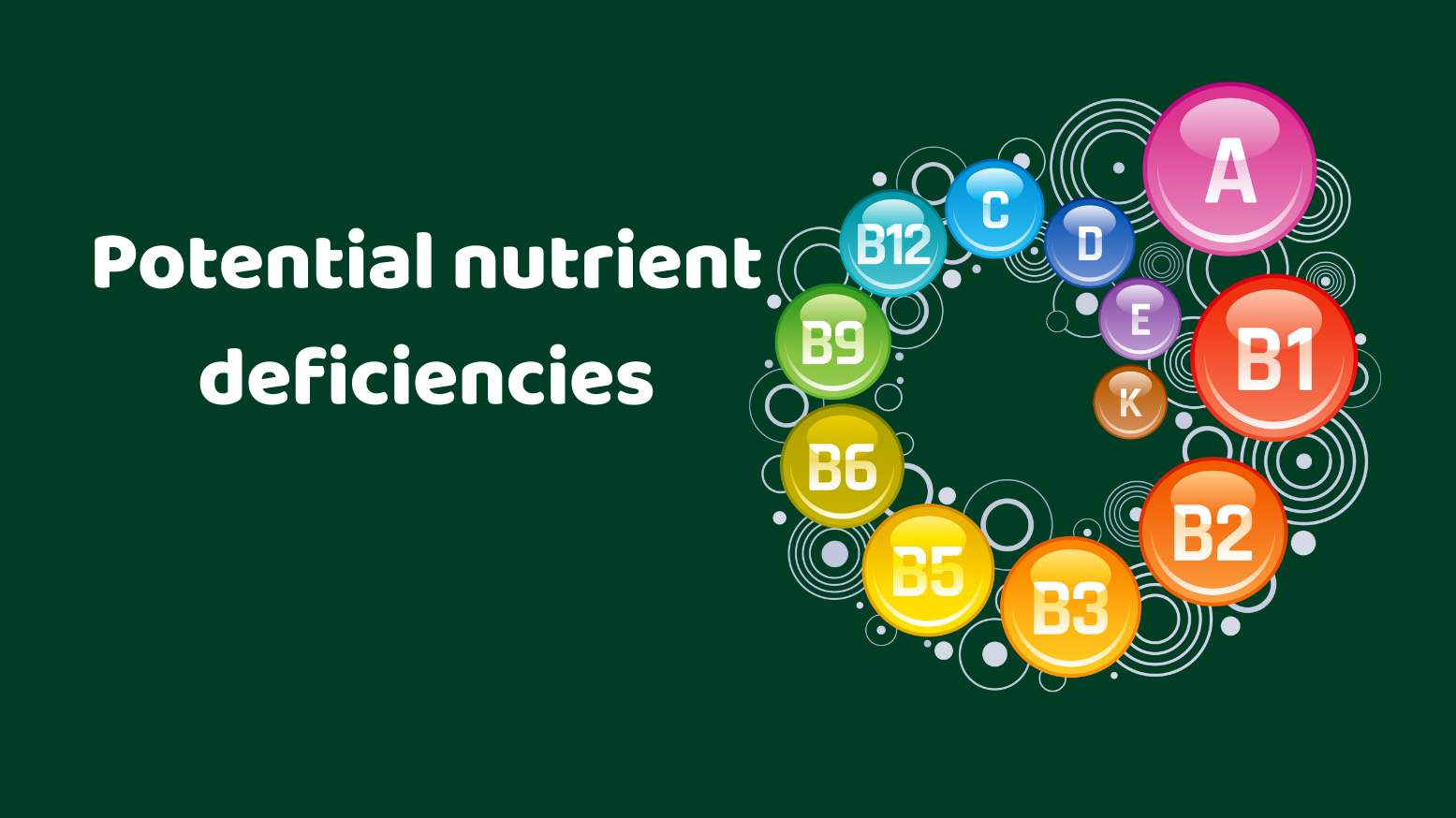
Although vegetarian diets are not unhealthy, they do not really meet all the nutritional requirements. This is because humans are natural omnivores and our bodies need animal protein.
It is not just the protein deficit that vegetarians need to be wary of but, also omega-3 deficit, Vitamin-D deficiency, Vitamin B(12), and iron deficiency. The non-haem iron is not as well absorbed as the iron one gets from meat.
Limited food options
After excluding a major food source from the diet, vegetarians, comparatively have a lot fewer food options to work with. There is an abundance of greens and grains that they can incorporate into their diet but, they are still missing out on so many non-vegetarian recipes.
Lack of protein
The amount of protein you get from grain and pulses does not really compare to the protein you get from meat. Although a plant-based diet can meet the recommended amount, it is not enough to build muscle or create a safe layer between healthy and deficit.
A person’s dietary choice is theirs to make. There may be some pros and cons of being vegetarian. However, what lifestyle a person wants to follow does not just pertain to whether it is healthy or not.
There are so many reasons why a person follows vegetarianism; it could be because of religious reasons or because they feel empathy towards animals. Nevertheless, they do not need justification for how they live their life.
You may also like:
What is the difference between a vegan and a vegetarian
What is the benefit of being a raw vegan compared to just a vegan
What are some side effects of being a fully raw vegan
FAQs
1. What are the cons of being a vegetarian?
Furthermore, not every food made from plants is healthful. Morbidity and mortality are increased by unhealthful vegetarian diets that are heavy in highly processed and refined foods and/or low in certain minerals (calcium, iron, zinc, and vitamin B12).
2. What are the pros of vegetarianism?
A well-balanced vegetarian or vegan diet can provide many health benefits, such as a reduced risk of chronic diseases, including obesity, and coronary heart disease, and hypertension.
3. What are 3 reasons not to be vegetarian?
Anemia, anxiety, depression, and Eating Disorders are some things that vegetarians can go through if they are not able to manage their diets properly.
4. Are vegetarianism good or bad?
Vegetarian eating is encouraged by the Academy of Nutrition and Dietetics, which states that “appropriately planned vegetarian diets, including total vegetarian or vegan diets, are healthful, nutritionally adequate, and may provide health benefits in the prevention and treatment of certain diseases.”
5. Which religions are vegetarian?
Vegetarianism has close ties to many different religious traditions around the world. These include Sikhism, Buddhism, Jainism, Hinduism, and Sikhism—religions with Indian roots.
6. Did Jesus eat nonveg?
Fish consumption is not considered sinful because Jesus ate it and is perceived as being sinless.
